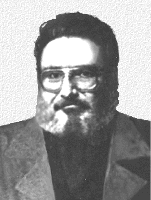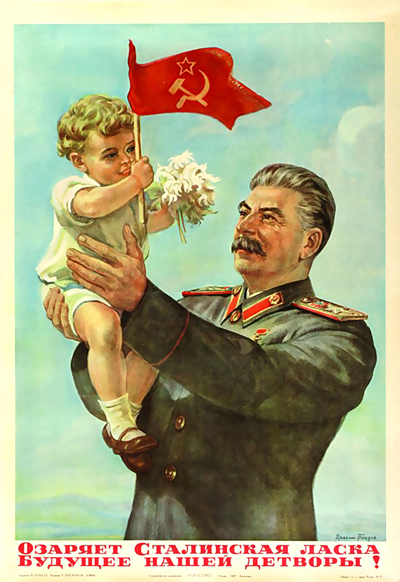How do you interpret this passage of Critique of the Gotha programm ?
Within the co-operative society based on common ownership of the means of production, the producers do not exchange their products […]
What we have to deal with here is a communist society, not as it has developed on its own foundations, but, on the contrary, just as it emerges from capitalist society; which is thus in every respect, economically, morally, and intellectually, still stamped with the birthmarks of the old society from whose womb it emerges. Accordingly, the individual producer receives back from society – after the deductions have been made – exactly what he gives to it.
I’ve seen Bordigists arguing that this quote implies there’s no commodity production at all in socialism, but in this case, what else could economic birthmarks of capitalism on socialism be and why would it completely exclude commodity production ?
In my own interpretation, he speaks about the higher stage of communism in the first part of the quote and the lower stage in the second. Which is at least in my opinion, supported by “is a communist society, not as it has developed on its own foundations, but, on the contrary, just as it emerges from capitalist society”, since one can hardly argue that capitalism is based on common ownership of the means of production, therefore the emerging socialist society will also not be based around that.
Also the last sentence of the quote, doesn’t it imply an exchange ?

